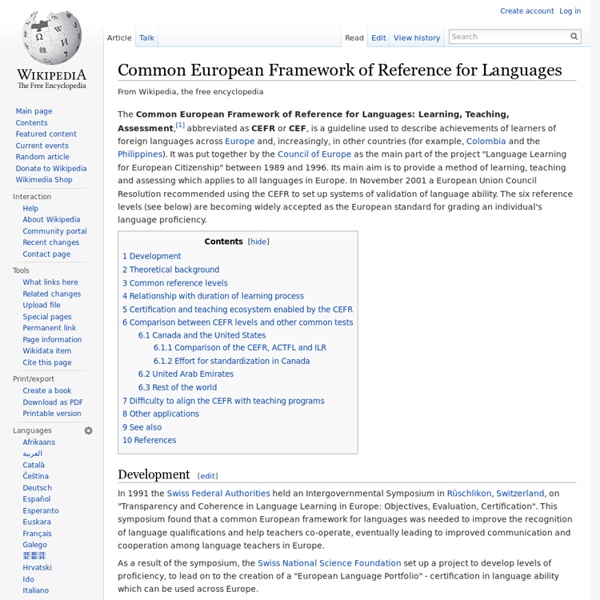Common European Framework of Reference for Languages

Teaching ESL with ICT
CPE - Egzamin Certificate of Proficiency in English - angielski
Osobom lub instytucjom, które wniosły opłatę egzaminacyjną za kandydatów nieobecnych z przyczyn zdrowotnych na pisemnej części egzaminu First Certificate in English (FCE), Certificate in Advanced English (CAE) i Certificate in Proficiency in English (CPE), przysługuje częściowy zwrot tej opłaty (60% od podstawowej ceny egzaminu). Zwolnienia lekarskie, wystawione na formularzu pobranym z ośrodka egzaminacyjnego, należy składać w ośrodku w nieprzekraczalnym terminie ogłaszanym każdorazowo dla sesji egzaminacyjnej. Osobom nieobecnym na egzaminie z przyczyn innych niż zdrowotne nie przysługuje refundacja. Indywidualny plan sesji egzaminacyjnej dla każdego kandydata zostanie podany w zawiadomieniu o terminach i miejscach egzaminu (Statement of Entry). EGZAMIN USTNY Na potrzeby części ustnej egzaminu Kandydaci dobierani są w pary przez pracowników ośrodka egzaminacyjnego i nie mogą sami wybierać osoby, z którą będą egzaminowani. Tylko zarejestrowani użytkownicy mogą pisać komentarze.
Регионален инспекторат по образованието – Бургас. РИО – Бургас
Търговска Гимназия | ТУКА Е ТАКА!
Related:
Related:



